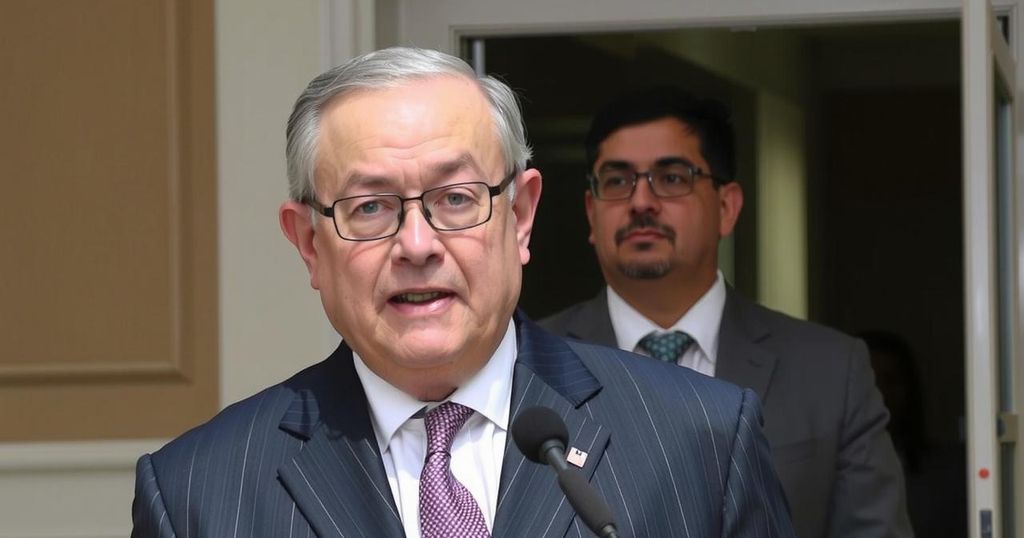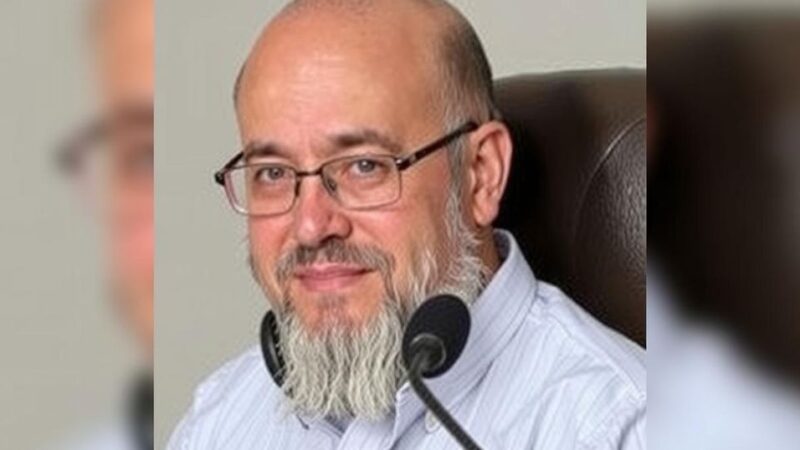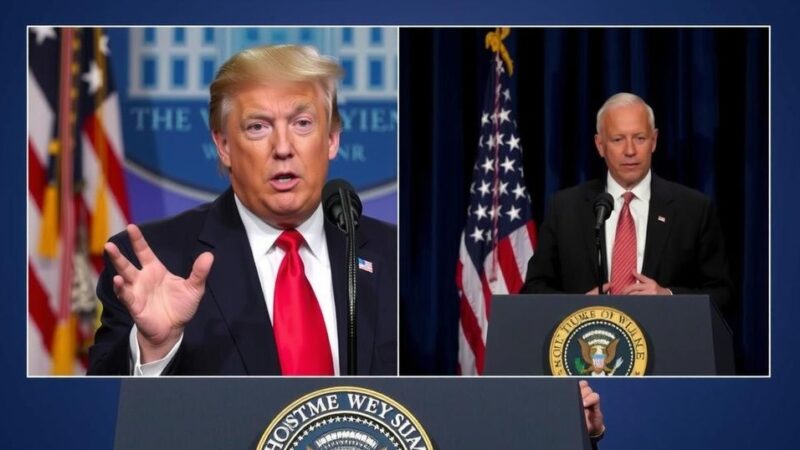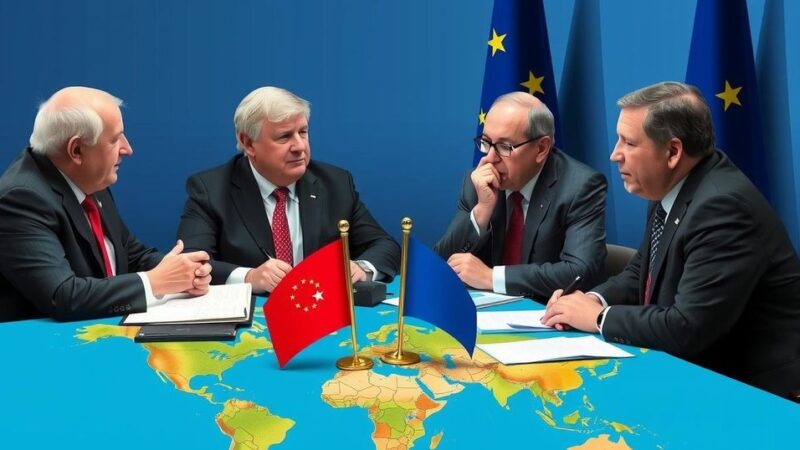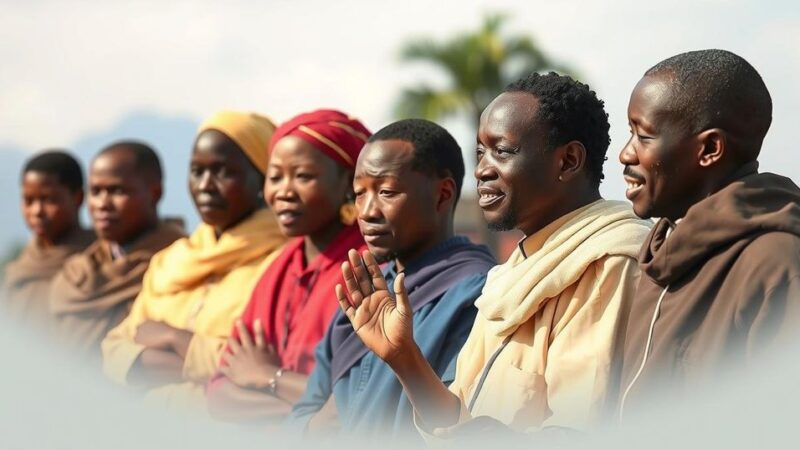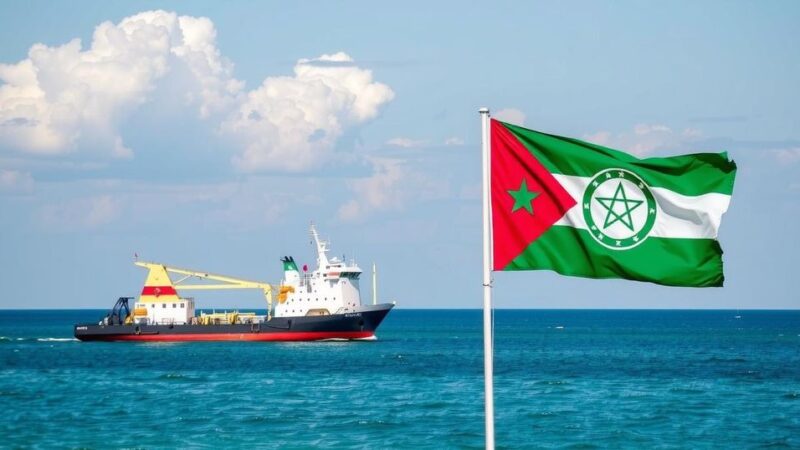Germany’s Foreign Minister Annalena Baerbock visited Syria for talks with the new rebel government, following the ousting of Bashar Assad. She highlighted the need for political inclusivity for all ethnic and religious groups in Syria.
On Friday, January 3, 2025, Germany’s Foreign Minister Annalena Baerbock visited Damascus, Syria, for discussions with the newly established government formed by rebel groups. French Foreign Minister Jean-Noel Barrot accompanied her on this diplomatic mission. The visit follows the swift takeover of Syria by rebel factions, primarily led by the Islamist group Hayat Tahrir al-Sham (HTS), following the exile of former President Bashar Assad to Russia. Currently, Ahmad al-Sharaa, the leader of HTS, is recognized as the head of Syria’s transitional government. Minister Baerbock emphasized that Germany’s diplomatic relations with this new government hinge upon the inclusion of men and women from all ethnic and religious backgrounds in Syria’s political framework, ensuring their protection and participation.
The visit of Germany’s Foreign Minister to Syria represents a significant shift in the geopolitical landscape following years of conflict and upheaval in the region. The ousting of Bashar Assad, who had ruled Syria for over two decades, marks a crucial turning point as rebel factions have asserted control over the country. Hayat Tahrir al-Sham (HTS), previously associated with extremist elements, now plays a central role in governance, posing challenges and opportunities for international engagement. The importance of a politically inclusive approach, as highlighted by Minister Baerbock, reflects evolving attitudes towards governance in conflict-affected areas.
In summary, the recent visit of Germany’s Foreign Minister Annalena Baerbock to Syria signals an important diplomatic effort to engage with the new rebel-formed government. The focus on establishing a political environment that ensures the participation of diverse ethnic and religious groups underscores Germany’s stance towards a peaceful and inclusive political transition in Syria. As the situation develops, further updates will illuminate the implications of this engagement for both Syria and its relations with the broader international community.
Original Source: www.dw.com

